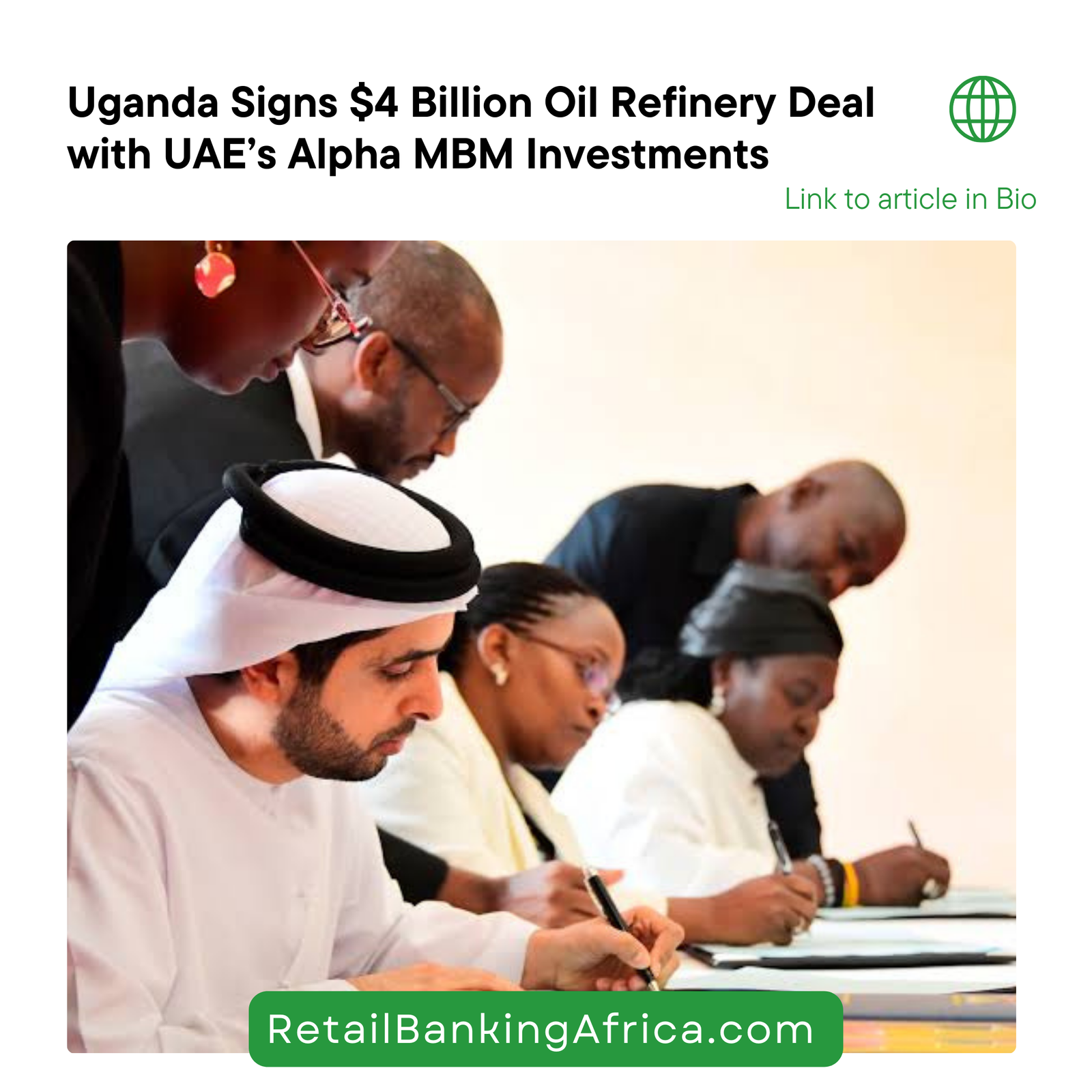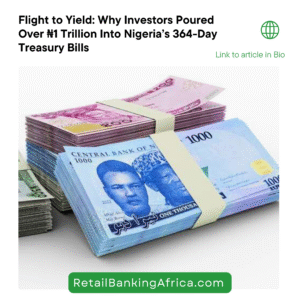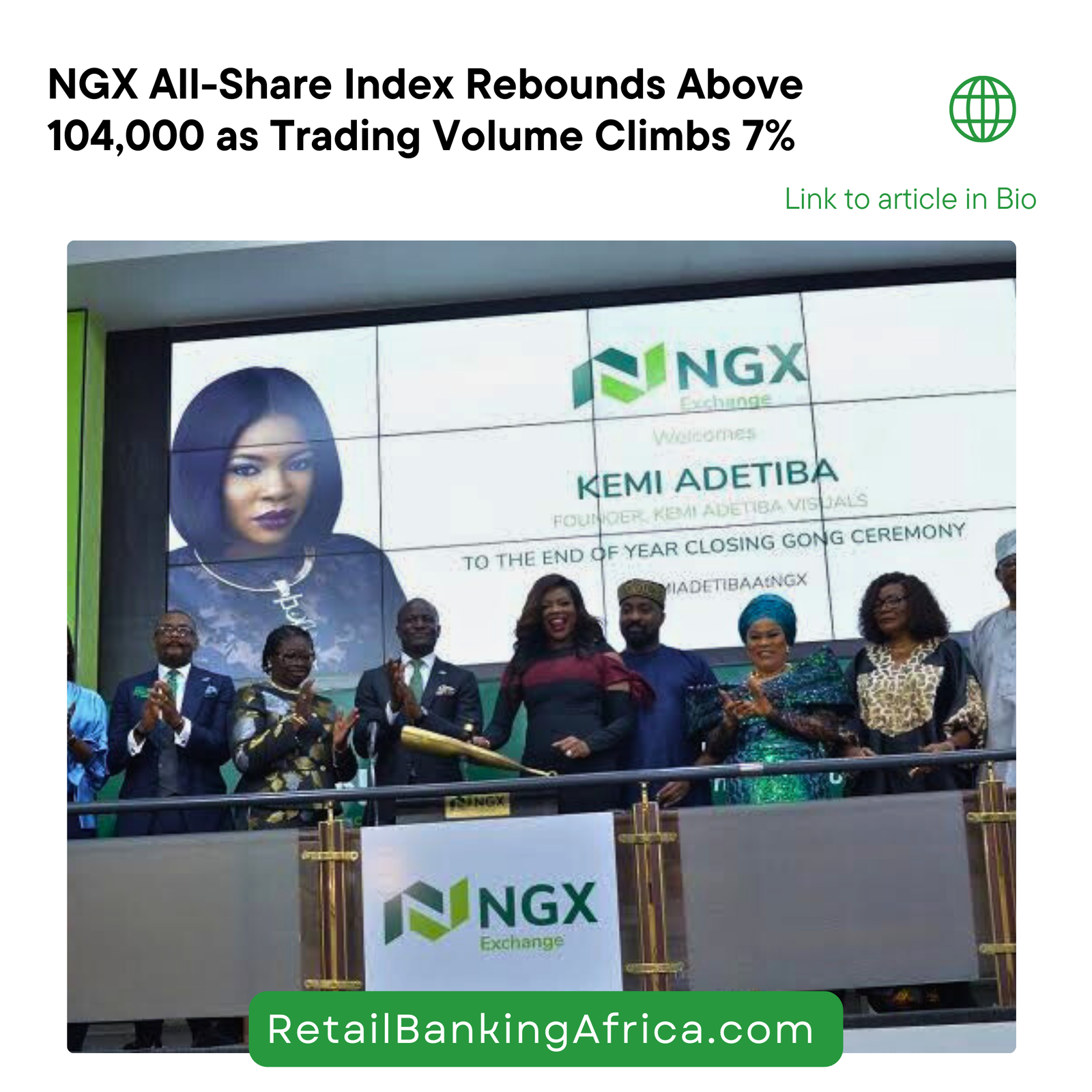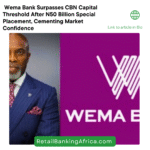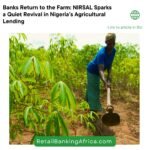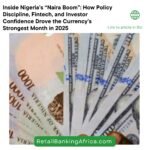Nigeria is positioning itself as a rising frontier for U.S. investors, leveraging sweeping reforms, robust demographics, and strategic access to African markets. At the 14th Annual Trade and Investment Summit hosted by the Nigeria-USA Chamber of Commerce in Cleveland, Ohio, Nigeria’s Consul-General in New York, Amb. Abubakar Jidda, emphasized that the country is not just open for business—it is actively transforming to enable business.
Speaking on the theme “Promoting U.S. and Nigerian Exports to Emerging Markets,” Jidda highlighted Nigeria’s commitment to a results-oriented partnership with the U.S., signaling a shift from diplomacy to measurable economic deliverables. “We are reforming, we are resilient, and we are ready,” he declared, referencing President Bola Tinubu’s Renewed Hope Agenda as a catalyst for private-sector-led growth.
Why Nigeria Now?
Nigeria is Africa’s largest economy by GDP (over $470 billion in 2023), and its population of over 220 million makes it the continent’s biggest consumer market. It also provides access to the $3.4 trillion African Continental Free Trade Area (AfCFTA), positioning itself as a gateway for multinationals targeting regional expansion. More than ever, the Nigerian government is prioritizing trade liberalization, deregulation, and economic diversification.
Key reforms include:
• Fuel subsidy removal (saving billions in budget distortions)
• Foreign exchange rate unification, improving transparency
• Digitization of port operations and 24-hour company registration
• Visa-on-arrival for investors and tax holiday incentives
• Special Economic Zones offering customs and duty waivers
These changes are improving Nigeria’s Ease of Doing Business metrics and reducing friction for new market entrants.
Sectors Ripe for U.S. Investment
Amb. Jidda identified high-potential sectors including agriculture, renewable energy, FinTech, pharmaceuticals, real estate, tourism, creative industries, and maritime logistics. With remittances from Nigerians in the diaspora topping $20 billion annually, Jidda called the diaspora “one of our greatest economic assets,” urging them to leverage their influence to attract foreign capital and expertise.
Assurances for Investors
To further ease investor concerns, Jidda referenced institutions like the Nigeria Sovereign Investment Authority (NSIA), Infrastructure Corporation of Nigeria (InfraCorp), and the Development Bank of Nigeria (DBN) as co-investment and financing partners.
“Nigeria is a promise to be fulfilled,” he said. “And that promise can only be achieved together.”

